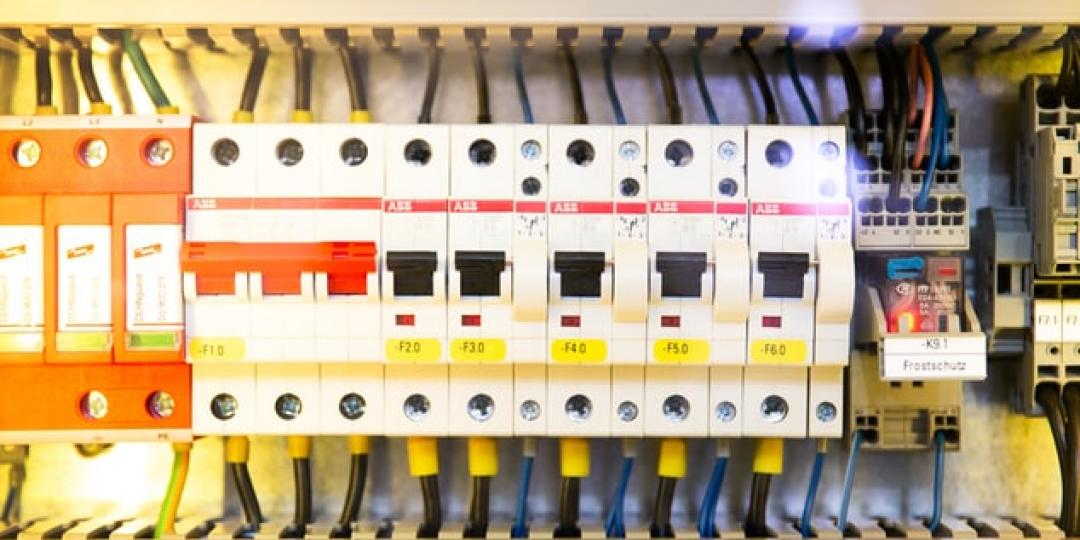The decline in international visitors has caused unease in the tourism sector. The factors attributed to this decrease are many but tourism service providers need to look inwards if we are to grow and recover ‘Brand SA’.
Water shortages (remember the horror of ‘Day-Zero’), Eskom, the SAA fiasco, economic setbacks, corruption, violence and security, are just some of the factors that have had a negative impact on tourism this year, but inroads can be made if the right message and tools are used to re-position SA as a destination in 2020.
There is lots of work to be done, but operators need to take turnaround strategies into their own hands, and it starts with getting the basics right.
Good tourism marketing strategies begin with offering world-class customer service, something we are notoriously known for failing at in South Africa. After the recent Stats SA report cited a 2.1% (164 989) decrease in international arrivals in 2019, Minister of Tourism Mmamoloko Kubayi-Ngubane has urged the private and public sectors to work together to achieve the goals of growing the tourism sector.
She has asked for more focused and competitive strategies, and there is a need to tighten up customer service in what is essentially a fully customer experience-based industry.
Service providers need to understand the role they play in promoting the country’s overall brand and image. It’s about going beyond the sales pitch for your own establishment or products and offering tailored advice that adds value to the tourists’ stay. Good customer service is paramount in growing our tourism industry. It must become part of the culture as a business.
If South African tourism operators and service providers want people to visit the country, to spend their dollars, euros, pounds, yen and yuan, they need to make an effort to make them feel welcome.
Customer service a critical competitive advantage
Despite things that are out of a service provider’s control – such as load shedding or the struggling economy – customer care is always something that can be controlled. In fact, it’s the main reason that people return to an establishment or make a repeat purchase.
Johan Hoogeweegen, Group Customer Service Director of Tsebo Solutions Group, says since they made the customer experience their focus point, their overall Customer Satisfaction Index (CSI) has climbed from 75% to 80% over the last four years.
Investment in the hospitality sector
In many foreign countries, tourism and hospitality are chosen professional careers. There is an emphasis on hospitality programmes and hotel schools. Whereas in South Africa, a lot of hospitality jobs are regarded as menial and a stepping stone for young people who are working whilst studying to pursue their real career.
Whilst SA hospitality institutions offer solid training, the commitment to service delivery is just not there. More emphasis is needed on teaching so that a deeper understanding of customer service is at the core of hospitality-related jobs. The treatment of tourists or guests needs to be embedded in our service culture. Staff must offer the same level of service to domestic tourists as they do to international tourists.
Delivering on customer care during peak season
Delivering on service during peak tourist periods is challenging, and the festive period only adds to this challenge. It’s a double-edged sword, because the industry needs the growth and busyness this time brings with it, but they often don’t know how to cope with the increased traffic and start dropping balls.
Improving the customer experience for tourists comes down to communication. We have a conflict-avoidance culture in SA but being open and honest with customers is better than trying to deliver a perfect service. Don’t underestimate the empathy of a customer, they can be very understanding if they are given the chance.



















